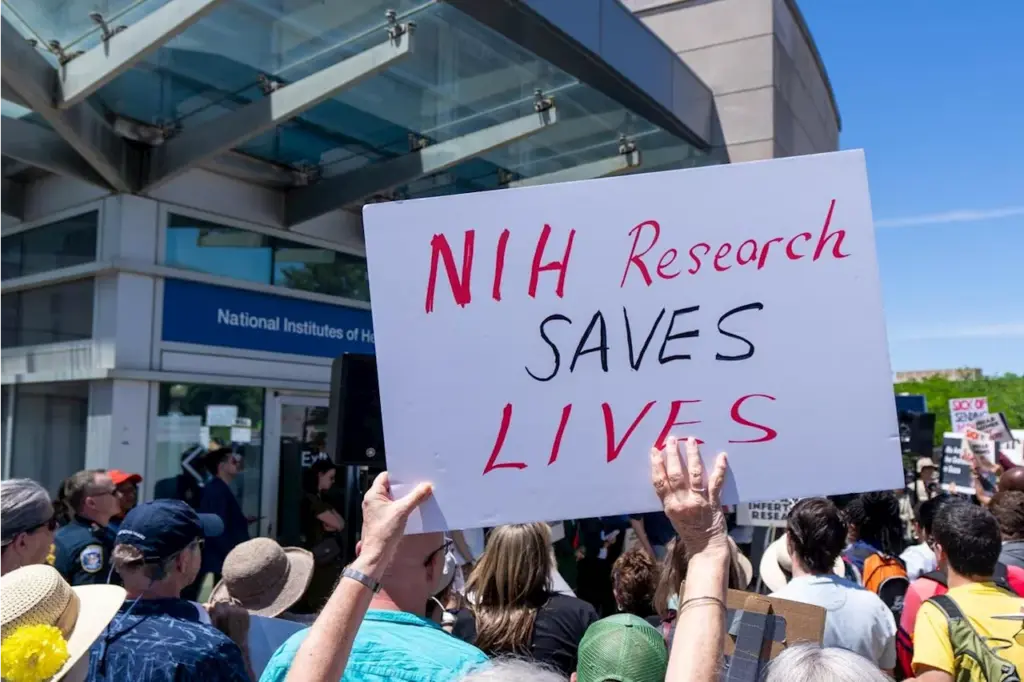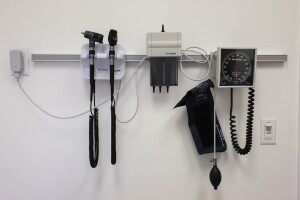
A recent analysis conducted by researchers at Harvard Medical School has revealed that cuts to grants from the National Institutes of Health (NIH) under the Trump administration have disrupted a total of 383 clinical trials, impacting approximately 74,311 patients. The study highlights significant setbacks in research focused on cancer and infectious diseases, with 118 cancer trials, 97 trials studying infectious diseases, and 140 trials testing new treatments being terminated or delayed.
The analysis covered the period from February 28 to August 15, 2025, during which NIH announced major cuts to research funding. This announcement marked a pivotal moment for researchers, as it was made clear that all NIH-funded projects would undergo stringent reviews to ensure alignment with new executive priorities. The timing coincided with broader administrative changes that affected how funds were allocated and utilized.
The impact of these funding cuts is profound, particularly for patients with life-threatening conditions. Clinical trials are often the only avenue available for individuals seeking access to experimental treatments when standard options have failed. For many, participation in these trials represents a critical opportunity to receive potentially life-saving interventions.
The research team identified these disruptions by analyzing a database of 11,008 clinical trials that were slated to receive NIH funding during the specified timeframe. Alarmingly, at least 3.5% of those trials experienced funding loss. The researchers emphasized that the situation may worsen, as cuts could extend beyond the study period, affecting additional trials and studies over time.
While the analysis focused on clinical trials, it is important to note that NIH funding cuts are likely to have far-reaching implications across various types of research. These include laboratory studies, epidemiological research, and computational simulations that are vital for understanding and preventing diseases. The potential long-term consequences of halting such diverse research efforts may not be fully realized for years, particularly if critical studies that could lead to future treatments are discontinued.
Restoring funding does not automatically resolve the challenges faced by researchers. The study indicated that over 36% of disrupted clinical trials eventually resumed, yet restarting a trial is not as straightforward as flipping a switch. Clinical trials require meticulous planning, scheduling, and resources, and any interruption can lead to delays that are detrimental to patient care.
Moreover, researchers often juggle the responsibilities of managing their studies alongside maintaining staff, all of whom are reliant on NIH grants for their salaries. Funding interruptions can force researchers to make difficult decisions, including layoffs, which can hinder the continuity of ongoing research.
As the implications of these NIH grant cuts continue to unfold, the urgency for transparency and accountability in medical research funding becomes increasingly apparent. The health and well-being of countless individuals could hang in the balance, underscoring the critical need for ongoing support of scientific inquiry and innovation.
In summary, the significant disruption caused by NIH grant cuts poses a serious threat to the advancement of medical research, potentially affecting the lives of patients who depend on clinical trials for access to new treatments. Continued vigilance and advocacy for robust funding are essential to ensure that vital research efforts are not permanently derailed.






